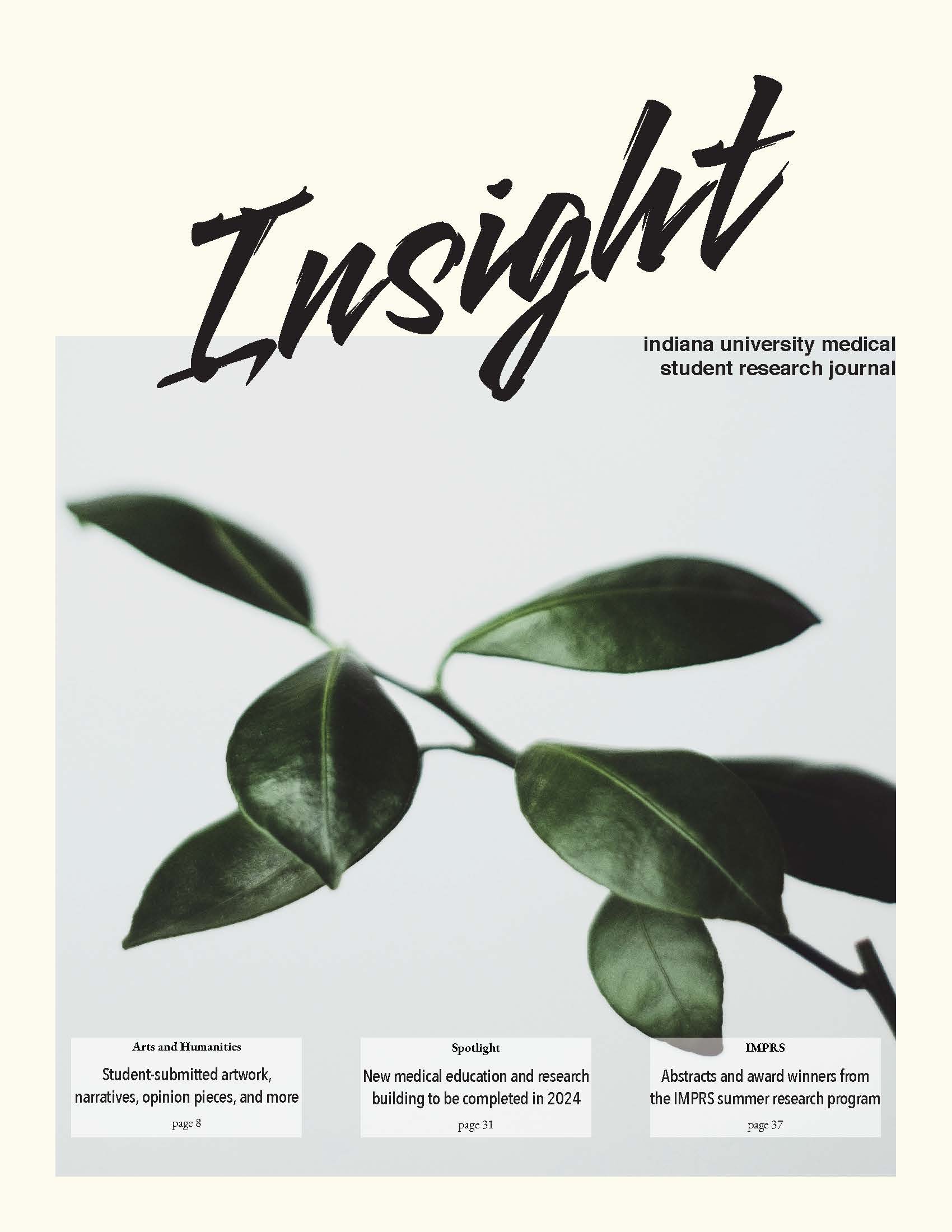Correlation of Outcomes Following Mechanical Thrombectomy in Covid-19 Patients with Ischemic Stroke
Abstract
Background/Objective: SARS-CoV-2 is a respiratory virus most well-known for causing acute respiratory failure. COVID-19 can cause a variety of conditions with poor prognoses, such as cerebrovascular accidents (CVA). COVID-19 is believed to cause a prothrombic state and can cause large vessel occlusions (LVO) and acute ischemia in brain parenchyma. As such, our goal is to compare the outcome of stroke patients, who were either COVID positive or negative, who underwent mechanical thrombectomy (MT), which serves as the gold-standard for treatment of an LVO.
Methods: Modified Rankin Scores (mRS) at 90 days post-MT were collected from 281 patients (17 COVID+ and 264 COVID-) who underwent MT due to LVO in the IU Health network. Pertinent risk factors, LVO sites, and suspected etiology of strokes were collected from 223 (17 COVID+ and 206 COVID-) of these patients’ EMRs as secondary objectives. mRS values were analyzed via two-tailed t-test, and the averages of secondary objective occurrences were compared between groups.
Results: A two-tailed t-test revealed t(279) = 1.969; p = 0.236, indicating no statistical significance between the two groups. Stroke risk factor occurrence was relatively similar between groups, with cardiovascular factors (HTN, HLD, etc.) being most common. COVID- patients showed increased rates of a-fib and prior CVAs. COVID+ patients showed a higher degree of M3 LVOs. Etiology of strokes remained largely embolic between both groups, with sub-types being mostly atherothrombotic and cardioembolic in COVID+ and COVID-, respectively.
Conclusion and Potential Impact: By comparing outcomes and various aspects of stroke patients, several conclusions can be made. Mechanical thrombectomy is shown to be equally effective in producing similar long-term outcomes in stroke patients due to LVO, regardless of COVID status. Furthermore, smaller, more distal vessel occlusions (M3 vs. M1) are increasingly seen in COVID+ stroke patients. A caveat of our study is the low COVID+ sample size from whom we could obtain an mRS value from, and this may warrant investigations into the variance in emboli sub-type and thrombi penetrance in more distal arteries.
Downloads
Published
Issue
Section
License
Copyright to works published in Insight is retained by the author(s).

